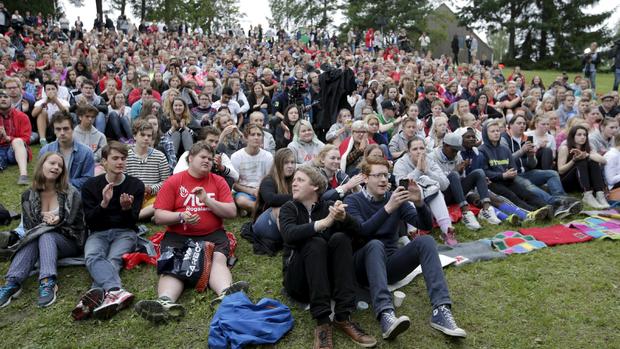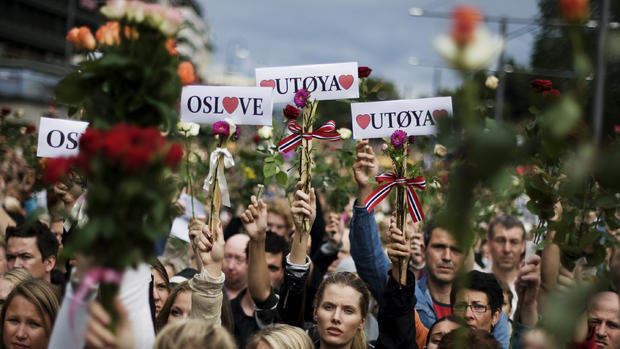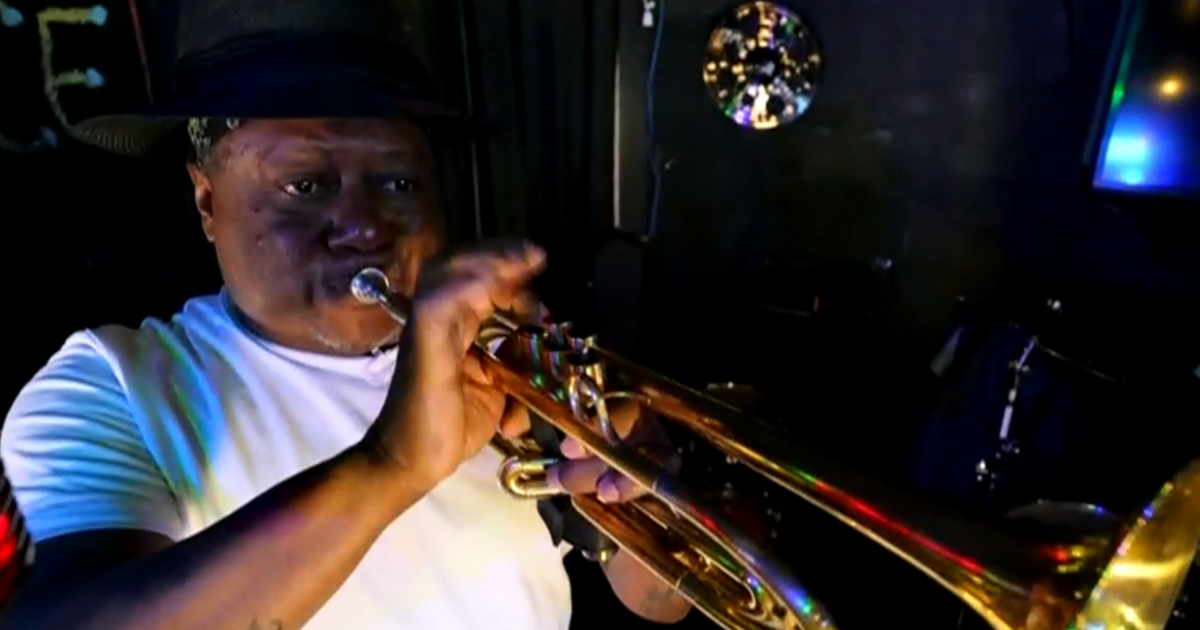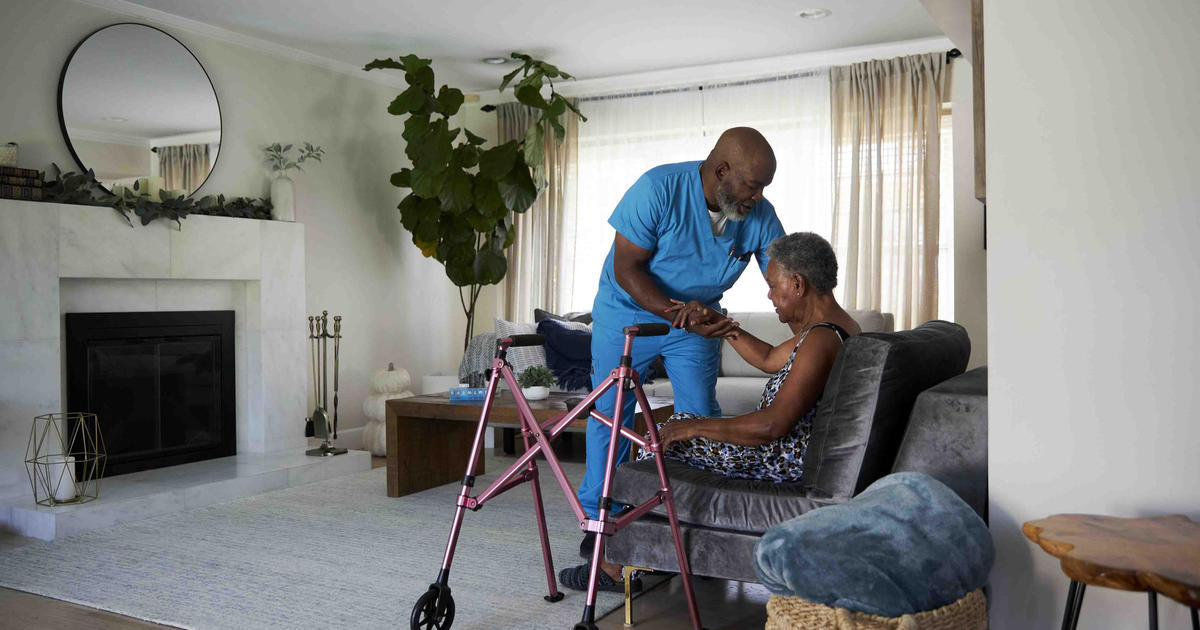Kids back at camp 4 years after Norway massacre
UTOYA, Norway -- Hundreds of teenagers arrived Friday at a summer camp on Utoya for the first time since a right-wing extremist killed 69 people in a murderous rampage on the Norwegian island four years ago.
William Reinemo said he was excited and looking forward to meeting "new people and old friends" on the small island where on July 22, 2011, self-styled "militant nationalist" Anders Behring Breivik gunned down mostly teenagers who had come to the island for a weekend of political discussion and social events.
"It will also be a bit strange to come back to the island after four years," the 23-year-old Reinemo said. "But we have to make new memories."
This year some 1,000 young people have enrolled for the camp, organized by the Labor Party's youth wing, which owns the island, 40 kilometers (25 miles) northwest of Oslo, the capital.
Several of the island's few traditional wooden rustic buildings have been renovated with newly built Scandinavian-style glass-and-wood meeting rooms and a cafeteria.
A bright circular steel memorial engraved with victims' names hangs suspended from pine trees on a secluded spot overlooking the Tyrifjorden lake. The youngest name is of a 14-year-old boy; the oldest - Breivik's first target on the island - a 45-year-old security guard.
For the teenagers, the camp is not only about honoring the past. It's the chance to debate politics and carry forward the democratic ideals that Breivik sought to destroy.
Jon-Inge Sogn, father of 17-year-old Isabel who was killed during the attack, welcomes the return to the island.
"This is a little bit special because this is the first time in four years," he said. "I feel it now when I see all the young people coming. And I hope they will have a good time, but (there) are some things that are also missing."
Before arriving on the island in 2011 dressed in police uniform, Breivik exploded a car bomb at the government quarter in Oslo killing eight people. The twin attacks traumatized the small Scandinavian nation, with about one in four people affected through connections with family, friends or acquaintances of the victims.





